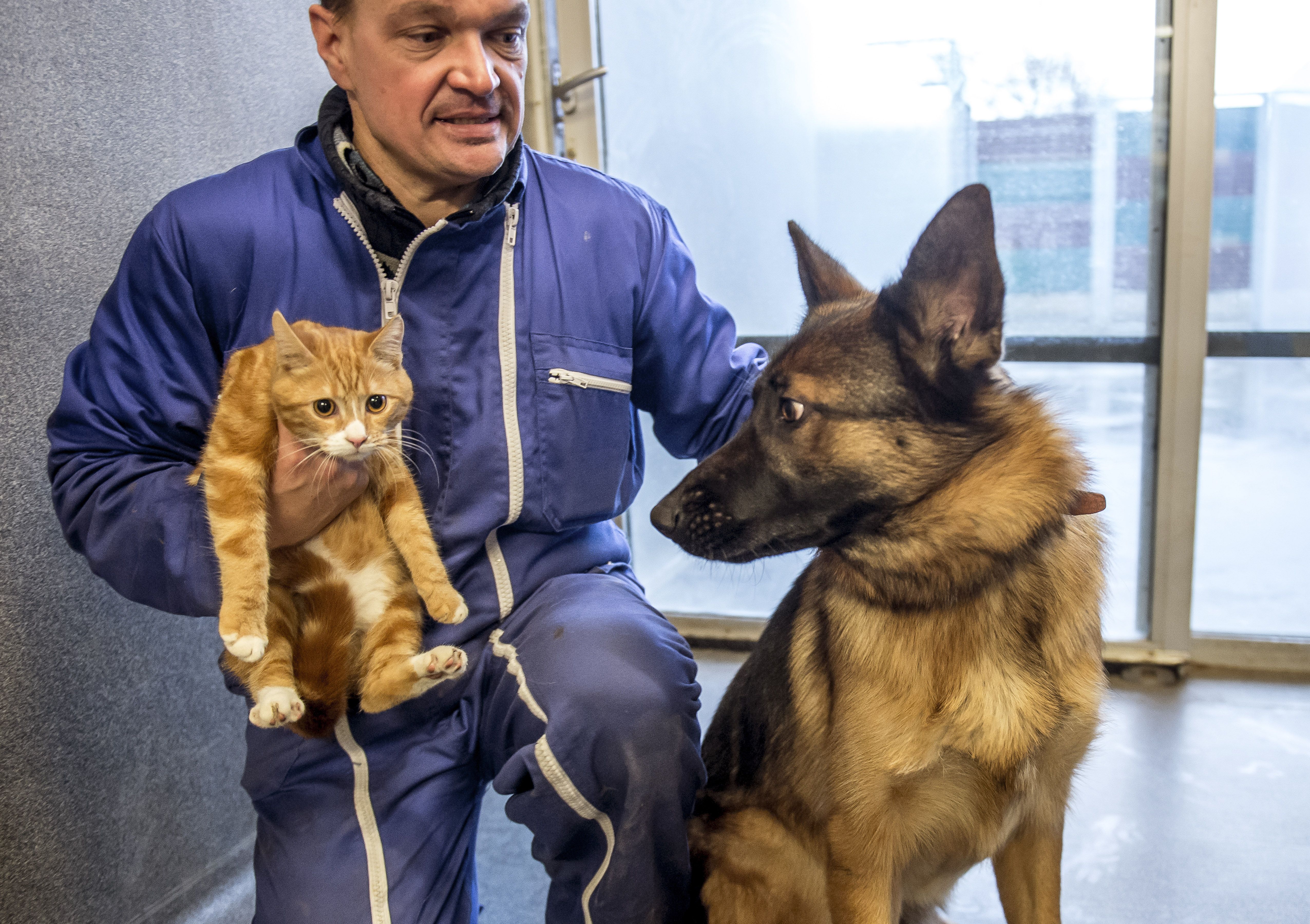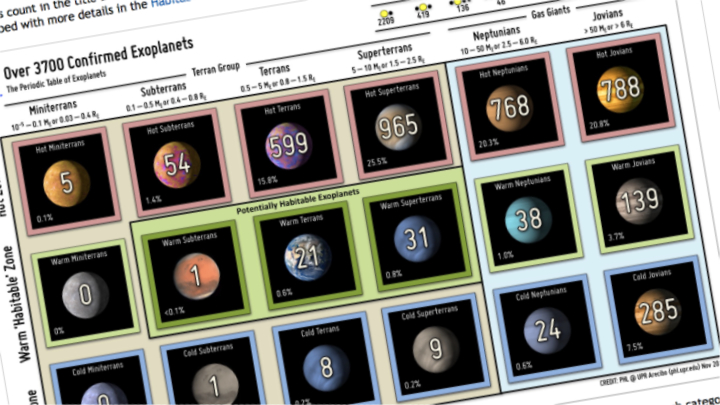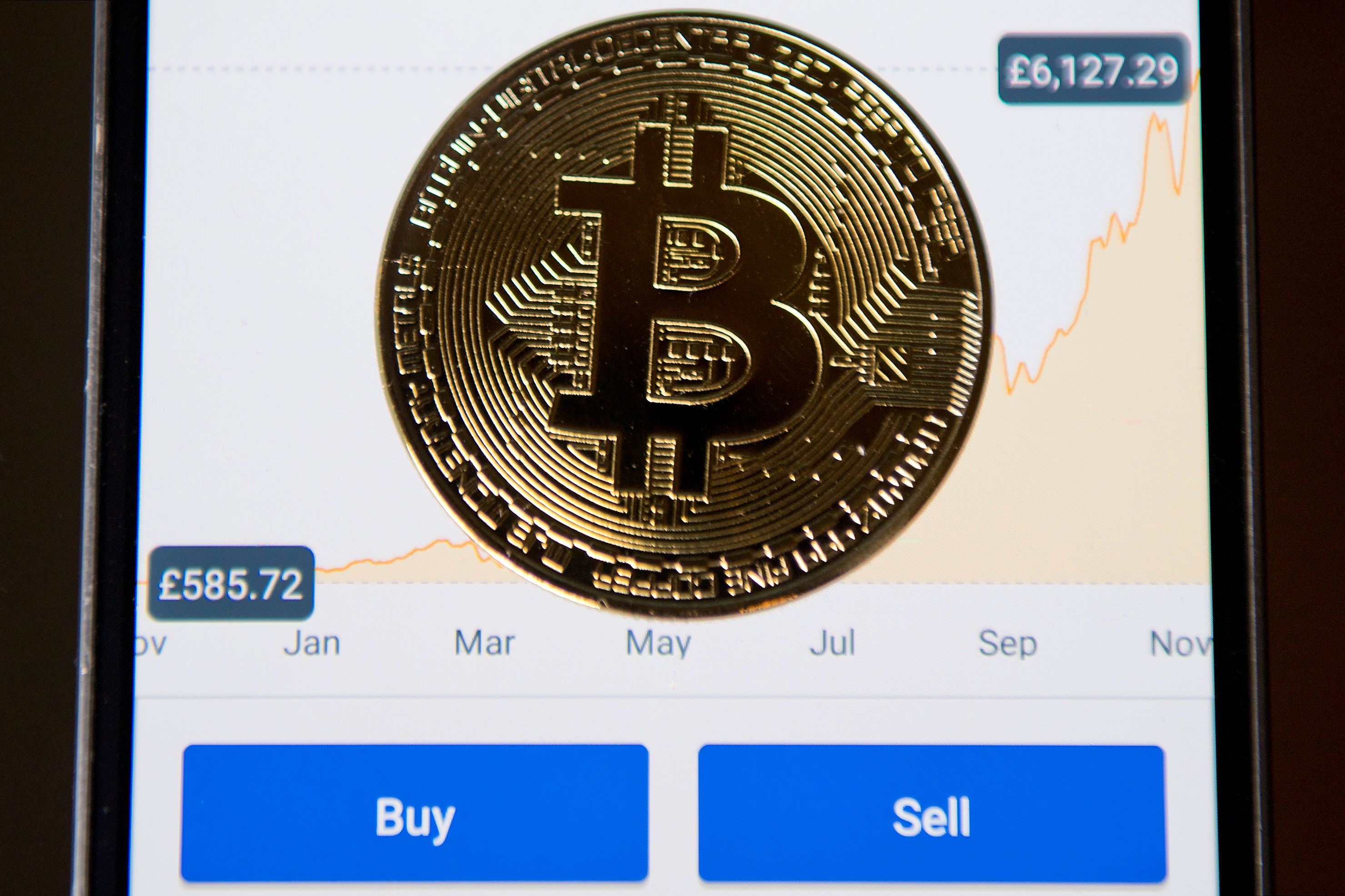Surprising Science
All Stories
AI has identified six new dolphin clicks we never knew existed.
Limiting smartphone exposure in teens is probably a good idea. It’s also easier said than done.
The first component of a planned “space kingdom” has been launched into orbit.
Scientists identify for the first time two specific genes that may foster a predisposition for being gay in men.
Optical computers would be extremely fast, more energy efficient, and could store far more information than electronic ones.
A new study of Minnesota-based marathon runners calls into question how heart-healthy endurance running is.
This usually occurs inside the hottest places in the universe, such as in the heart of a supernova.
Psychology professor Frank T. McAndrew writes that the type of ghost you see depends on the religion you have faith in.
The study also discovered a downside to having a big brain.
In 1922, Albert Einstein explained how to live a happy life to a bellboy in Tokyo.
The Planetary Habitability Laboratory has made up some periodic tables of all of the confirmed and suspected exoplanets so far, plus planetary bodies in our own solar system.
Economist Joseph Stiglitz explains why surging cryptocurrency bitcoin should be banned.
This has implications for linguistics, biology, musical composition, and even A.I.
Recent research in psilocybin, LSD, and MDMA, which all affect our serotonin receptors, suggest these substances can help make us content.
Scientists have discovered an endless energy supply in the naturally occurring Brownian motion of graphene.
Comprehensive DNA sequencing of artifacts reveals the yeti to be bears, mostly Himalayan brown bears.
There are several ways alien life could travel across space, scientists say.
A new conception of quantum mechanics rests on the idea that parallel universes exist, and that they interact with our own to create weird and wonderful quantum phenomena.
These findings may help us better understand how humans perceive our environment and make decisions based on sensory information.
Altruism may be influenced by other biological mechanisms outside of the brain.
Berkeley scientists develop a technology that uses smartphones to help treat an infectious illness.
One researcher warns to stick with activities you enjoy.
Geologists find that when the earth’s spin slows as it has recently, major earthquake activity follows.
The first in-body gene-editing experiment has just begun.
An MIT study finds that even toddlers can learn the value of hard work and perseverance.
Previous studies suggest that intuitive thinking and spirituality are intertwined. Researchers put this to the test.
Scientists propose that quark fusion may be an energy source eight times more powerful than nuclear fusion.
Breakthrough gene therapy allows doctors to replace 80% of an epidermolysis bullosa patient’s skin.
A new report shows that the true costs of war are much higher than reported by the Pentagon.
Researchers believe they have enough evidence to support the “kelp highway hypothesis.”





























